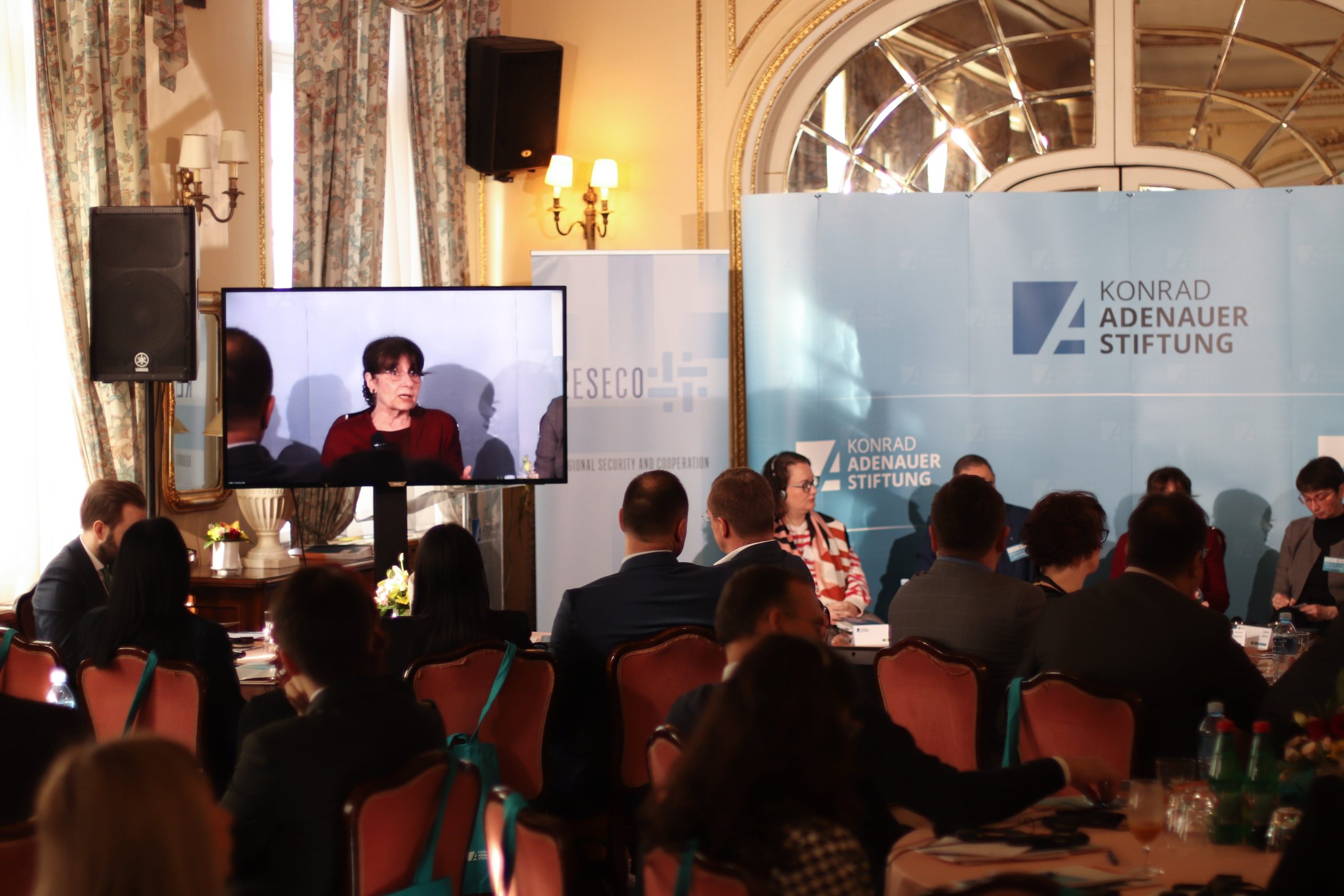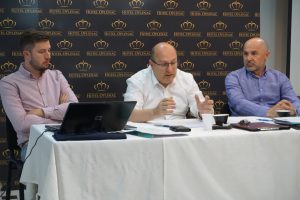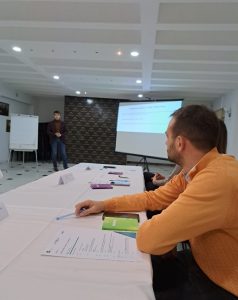The “Consequences of the War in Ukraine on the Security Architecture in Southeast Europe” conference was organized on December 3rd, 2022 by the Konrad Adenauer Foundation and the think-tank RESECO.
Jakov Devčić, Director of the Konrad-Adenauer Foundation office in Serbia and Montenegro, opened the conference stating that the “Russian war in Ukraine woke us up from a dream that was better than reality; a dream of a Europe without conflicts, a Europe of permanent peace where there are only values such as integration, cooperation, and rule of law, not the rule of power. Unfortunately, we see how old conflicts are getting new readings and new divisions in our region. The security theme remains as the framework in which crises must constantly be managed. Due to these seemingly difficult political and security-political situations in the Western Balkans, with our partner RESECO, we have gathered participants from the region to send a more positive message and picture of the Western Balkans and its future. We will try to do this through three panels in which we will attempt to show that common problems can have common solutions.”
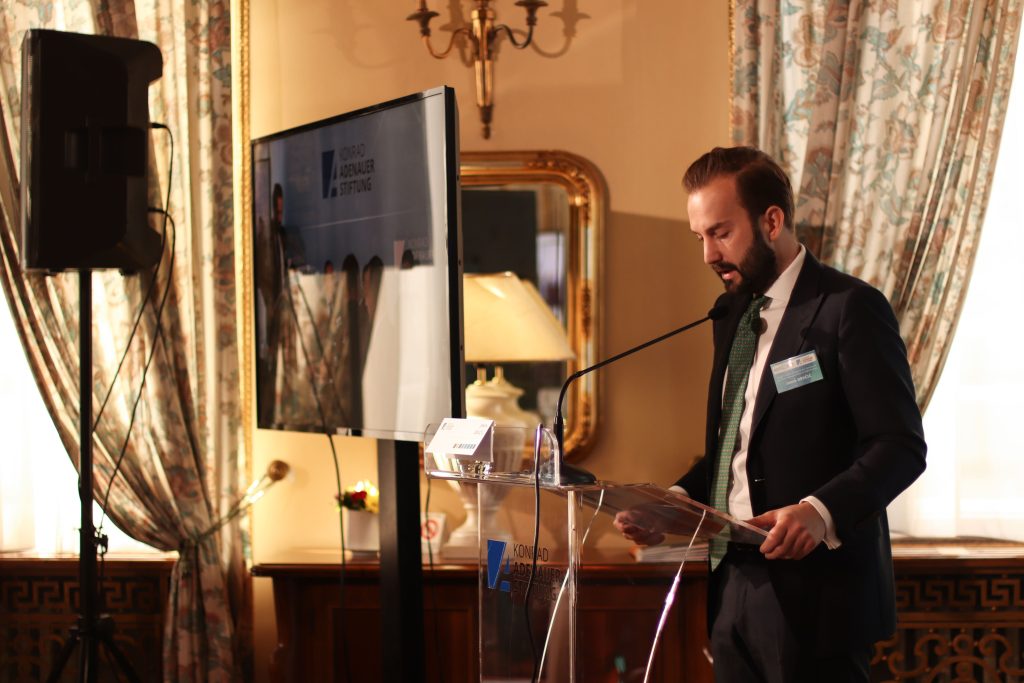
The first panel: “Regional Security in Europe: Common Problems and Joint Solutions”
The speakers on the panel, moderated by Dr. Stefan Surlić, were the German Ambassador to Serbia, Anke Konrad, the President of the European Movement in Serbia, Dr. Jelica Minić, the Executive Director of the Albanian Institute for International Studies (AIIS), Alba Cela, and Jovan Kovačić, Chairman of East-West Bridge.
“The European Union is facing challenges due to the war in Ukraine. Western Balkan countries have the support of Germany on their path to the EU and we will continue to support these countries on their path to the European Union, which may have 36 countries, which is certainly a challenge for the EU,” said Ambassador Konrad. “Support and hope among the citizens of the region for becoming equal members of the European Union has decreased, but the European Union is launching initiatives to promote these integrations,” emphasized Jelica Minić. “In a war situation, underdeveloped countries without protection must make certain concessions and compromises to be protected. Everyone must be involved in solving the problem,” added the director of AIIS_Albania. “The only way to better security and stability in the region is the way to the European Union,” said Jovan Kovačić.
“Dialogue is an important element of security within the European Union, but we must also think about new global partnerships with Asia, Africa, Latin America so that the Union can grow geopolitically,” Konrad concluded.
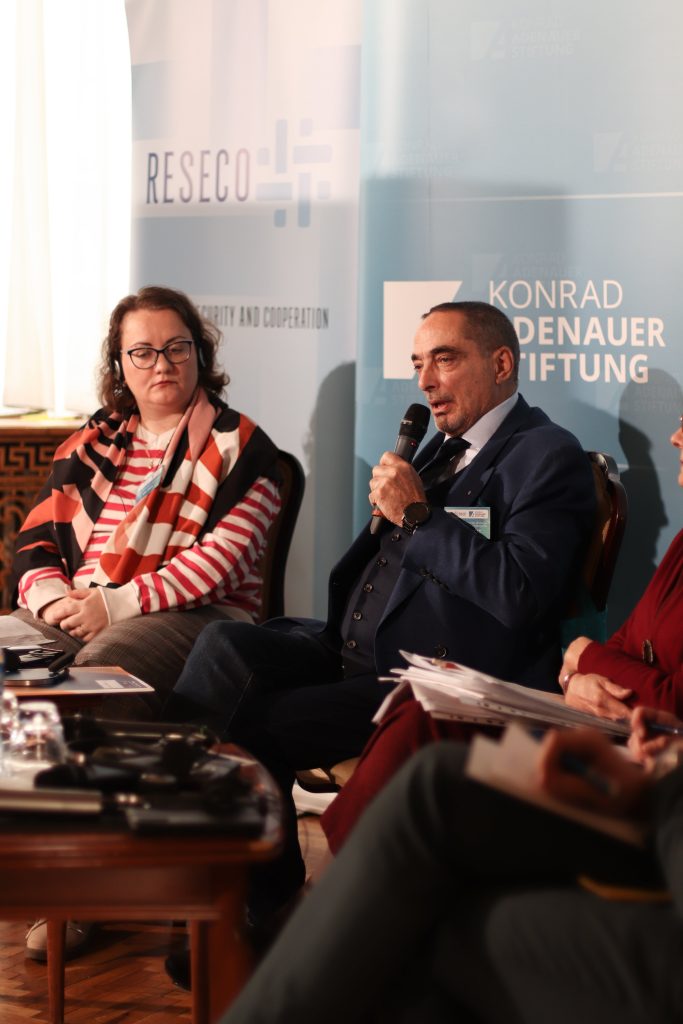
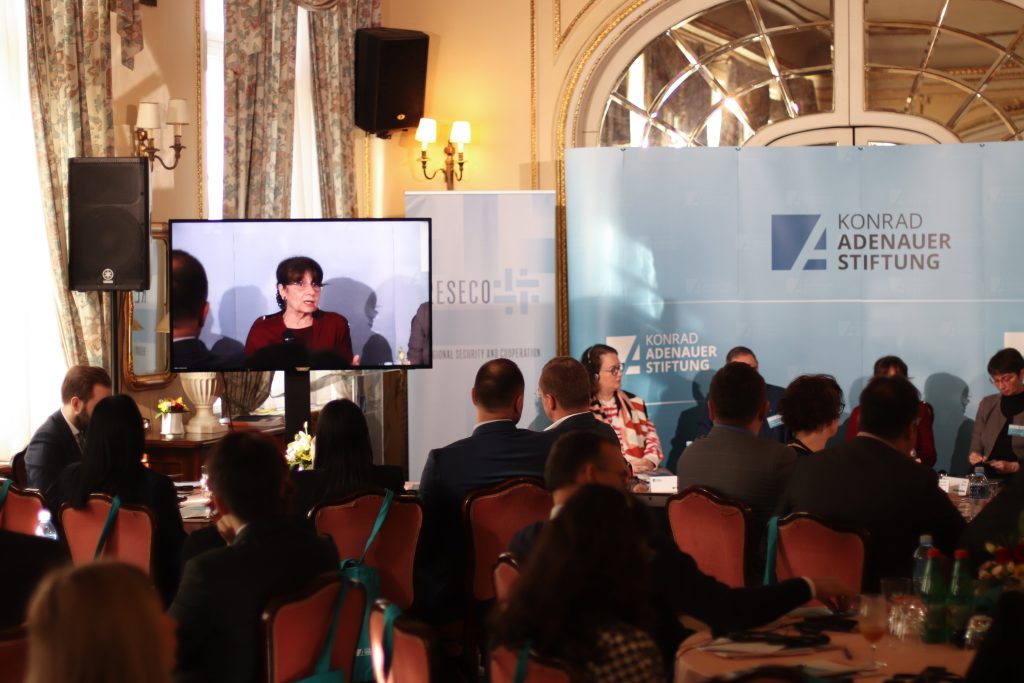
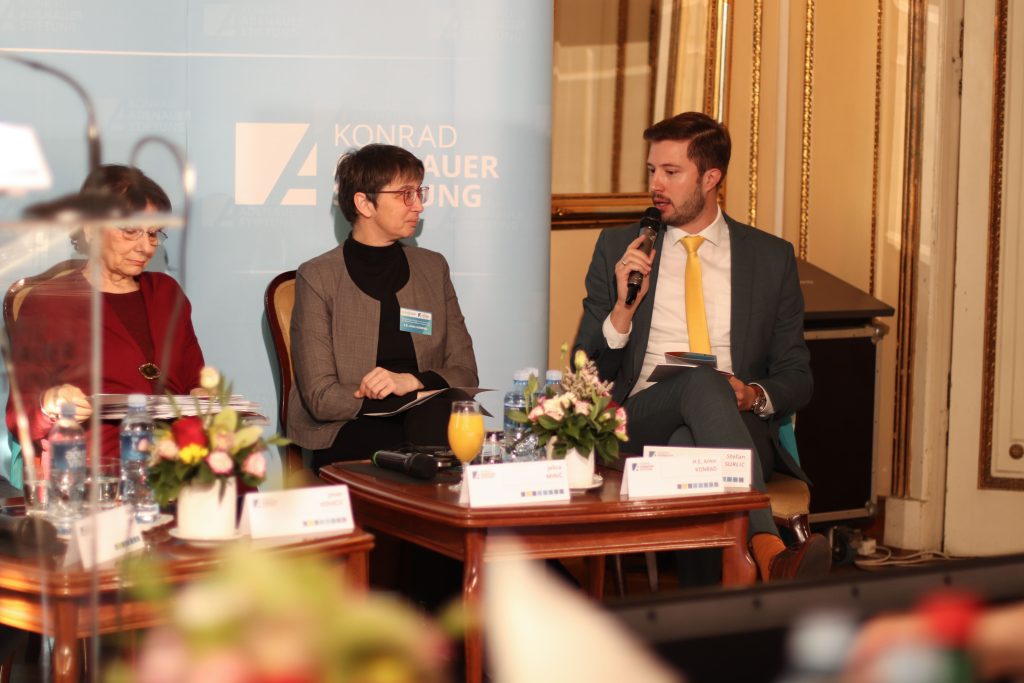
The second panel – “War in Ukraine: New Steps and Old Paths?”
In the second panel, speakers discussed security-political and economic capacities of the region as well as internal and defense mechanisms. The speakers were Bojan Elek, Deputy Director, Belgrade Center for Security Policy, Ilir Kalemaj, Professor of International Politics, New York University, Tirana; Hatidža Jahić, Associate Professor at the Chair of Economic Theory and Policy and Head of the Center for International Cooperation, Faculty of Economics, University of Sarajevo and Agon Maliqi, political analyst, initiator and founder of the blog “Sbunker”, Pristina. The discussion was moderated by Dušan Radujko, researcher at the Institute of Political Studies in Belgrade.
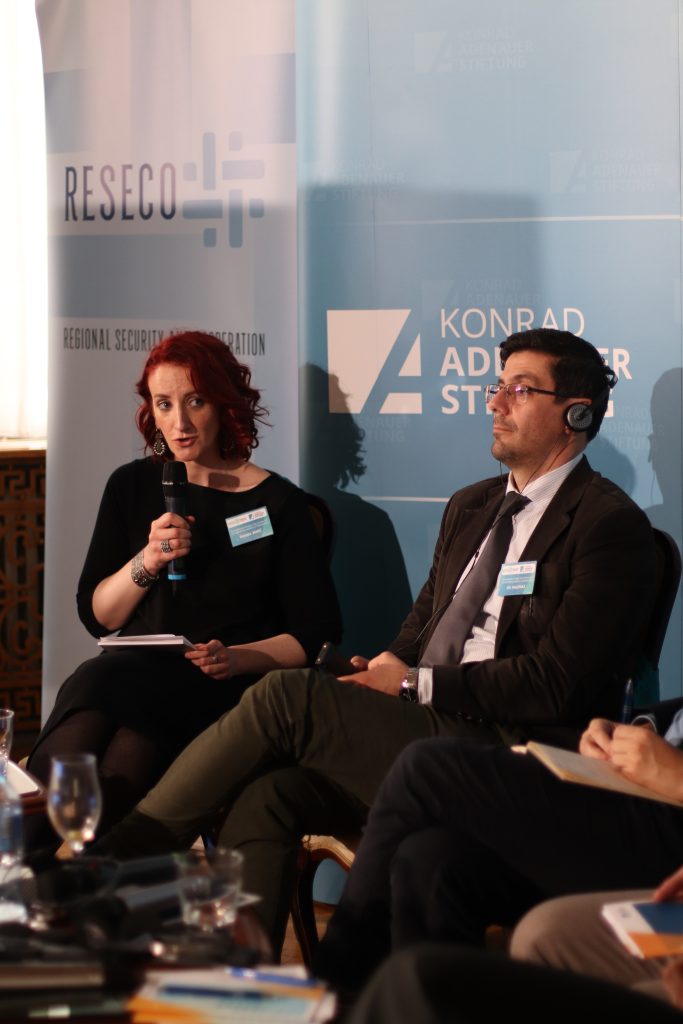
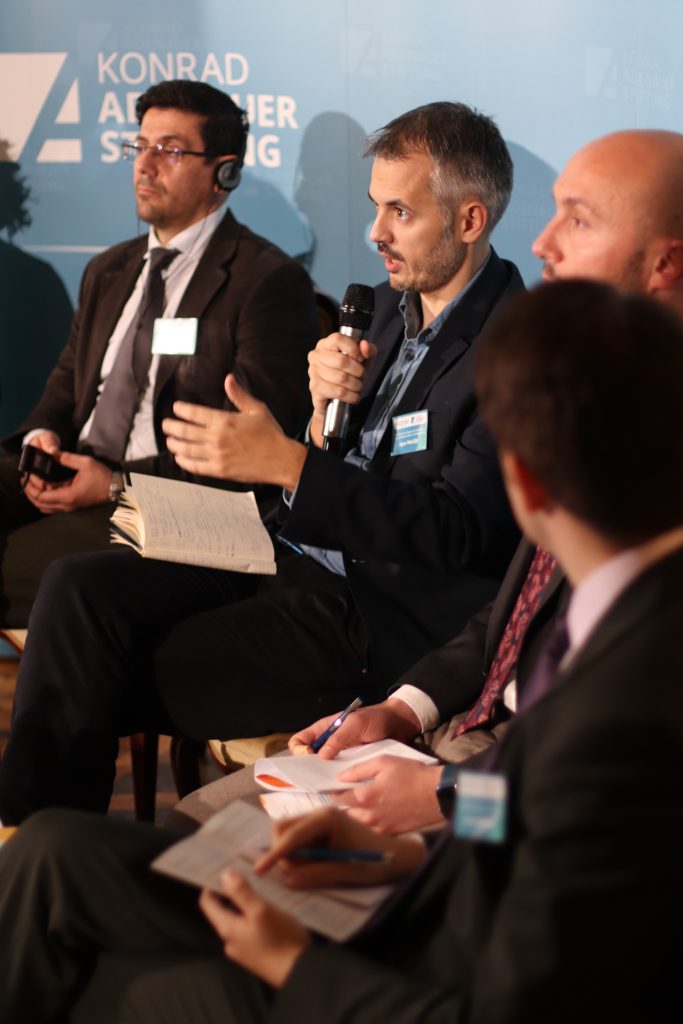
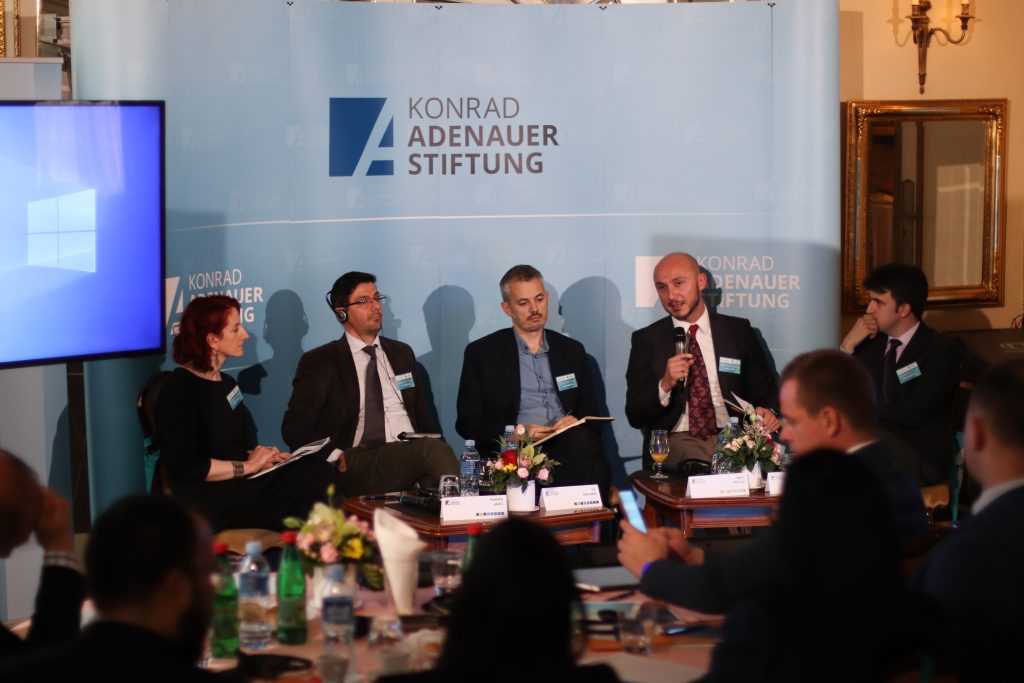
Third panel – “Strategic Thinking on Military and Security Issues”
The perspectives of military neutrality and multilateral orientation in the light of the global securitization caused by the war in Ukraine were discussed by Nikola Lunić, Executive Director of the Council for Strategic Policies, retired navy captain, former Defense Attaché of the Republic of Serbia in London, Vesna Marković, former member of parliament and deputy chairman of the Foreign Affairs Committee and member of the Serbian Progressive Party, Marjan Gjurovski, Professor at the Institute for Security and Peace, Faculty of Philosophy UKIM Skopje and Suzana Grubješić, Vice President of the Center for Foreign Policy, Belgrade. The panel was moderated by Dr. Stefan Surlić, Executive Director of RESECO and Associate Professor at the Faculty of Political Science, University of Belgrade.
The conference was closed by the Executive Director of RESECO, Dr. Stefan Surlić, with the words of Konrad Adenauer “Although the sky is the same for us all, our horizons are different.” Dr. Surlić added that we must reconcile with the fact that many horizons are different and that we try to convince each other that our horizon is the right one. “I believe that membership in the EU, security, safety, and rule of law, well-ordered democratic countries in the European family of nations is truly a horizon under which we can all be together,” concluded Dr. Surlić.
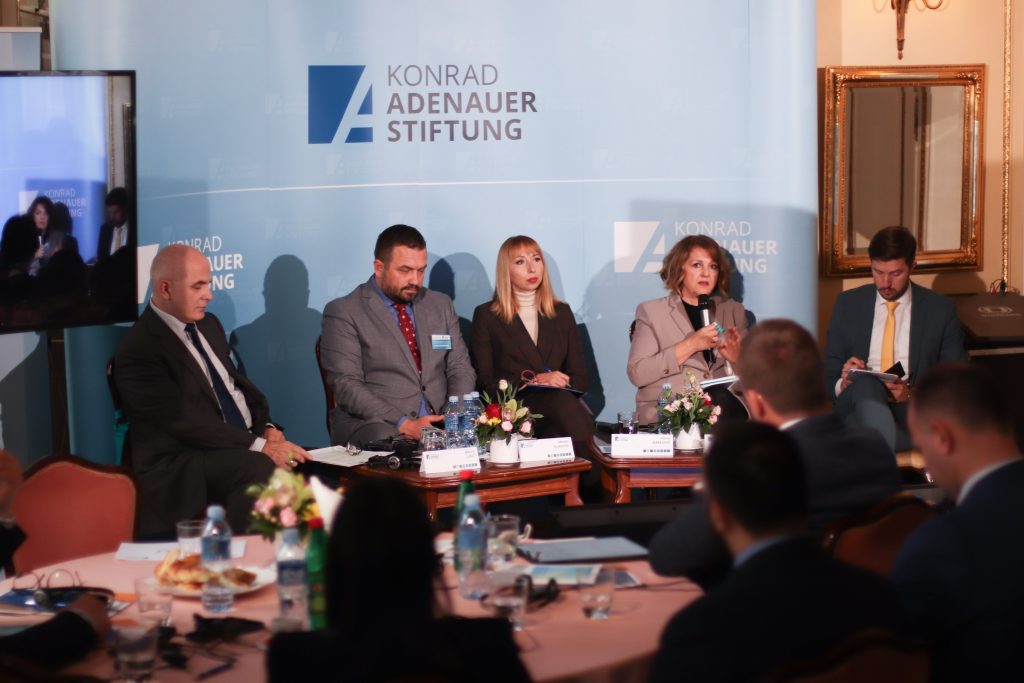
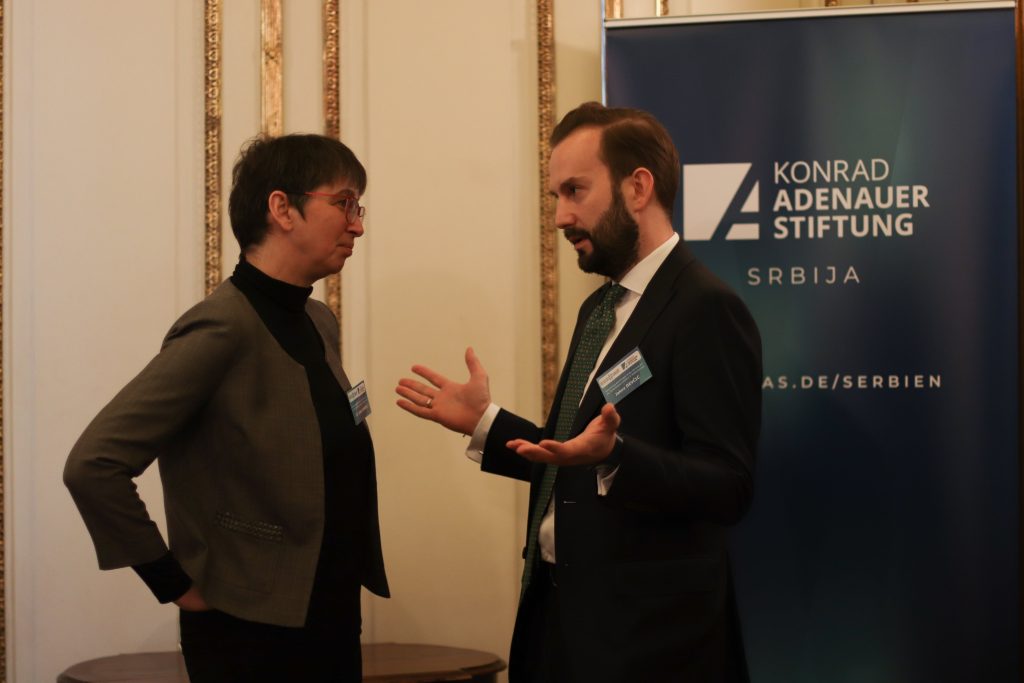
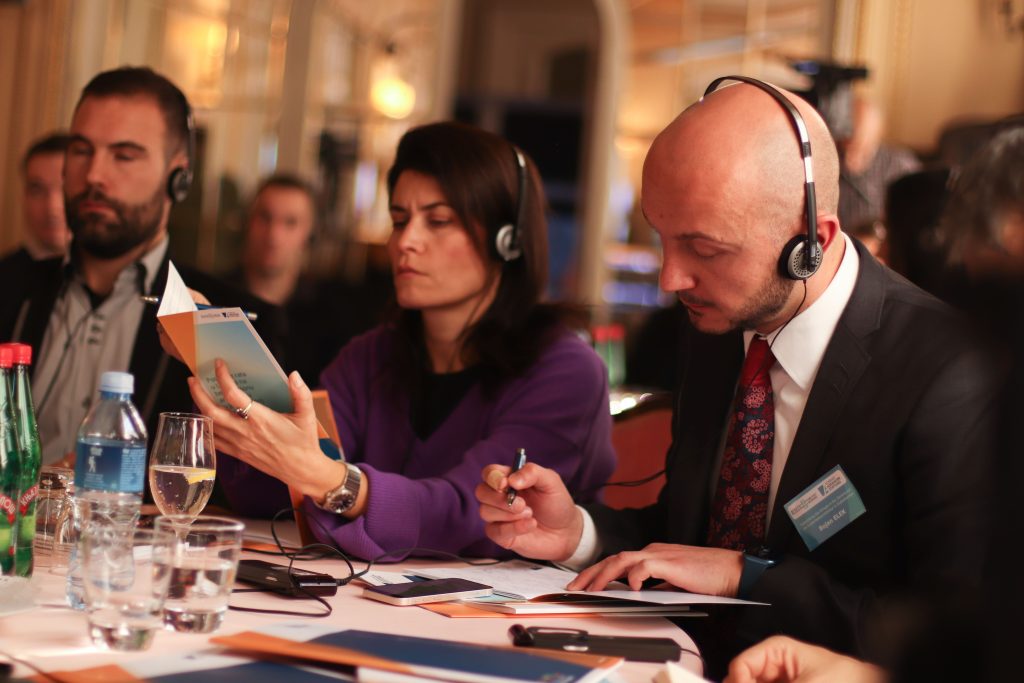
At the conference, the publication “Analyses and Recommendations – Crisis Management in the Western Balkans: Policy. Culture. Media” was presented. The publication contains a set of socially and politically usable analyses on various topics from the sphere of politics, culture, and media that resulted from consultations of working groups organized during the period 2020-2022.


